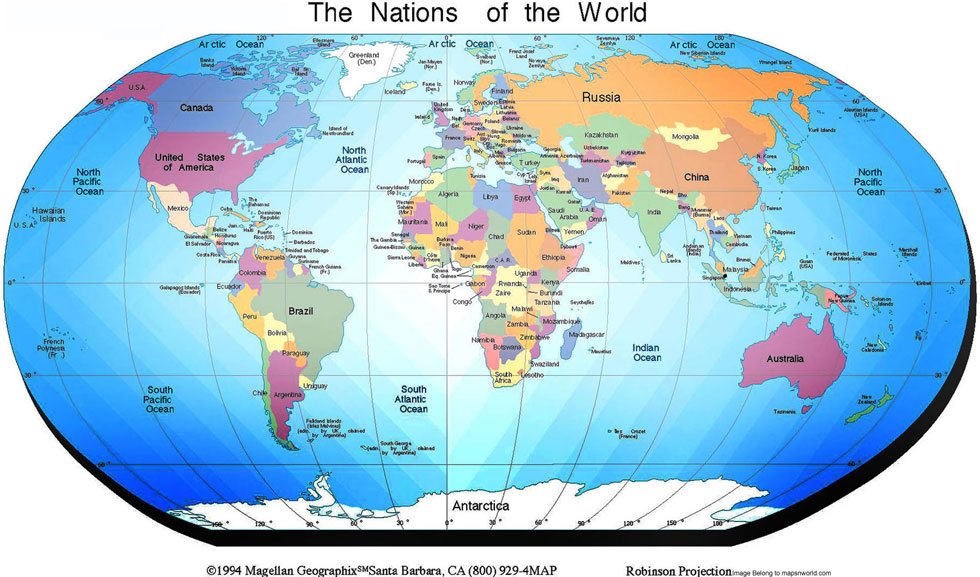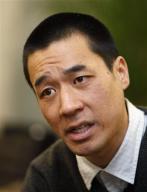While studying the lives of Marco Polo and Kublai Khan with my children, and then reading about them once again in Scott W. Sundquist’s article entitled Asian Christianity, I was deeply saddened by the HUGE loss of opportunity for mission outreach to Asia during the time of Kublai Khan.
“In the 13th century, when Genghis Khan ruled, this empire stretched from China to Central Europe — a kingdom larger even than those of Alexander and the Roman Caesars, covering all of Asia, Indochina, and even Eastern Europe. No nation has yet to rival the magnitude of the Mongolian Empire,” (Sundquist). His grandson, Kublai Khan, had a mother who was a Christian. Kublai “ruled when the Mongol Empire had reached its limit. It could not expand any farther, so Kublai concentrated on maintaining peace in his borders. When Marco Polo (1254 - 1323?) journeyed to China, he found evidence of Christian communities and served in the court of Kublai, having become the Khan’s trusted friend.
Kublai became interested in Christianity and even asked the Polo’s to bring back teachers and missionaries to his land,” (Sundquist). He specifically requested from Pope Gregory X, that 100 missionaries be sent to the Mongol empire to teach himself and his people about the Christian faith. Sadly and regretfully, “the request was never fulfilled because the Popes in Europe were more concerned about defending themselves militarily than they were interested in extending the Gospel spiritually,” (Sunquist, 241). This may be one of the greatest lost missionary opportunities of all times!
Imagine if Pope Gregory X had immediately fulfilled that request. He was in charge of the vast Christian Church. Popes had been able to stir up huge support for the Crusades, in the past, and he could have found 100 or more monks who were willing to go to Asia to share the Gospel of Christ with the Mongols and thus the entire Mongol Empire. God was opening a door of opportunity for Christianity to spread to the largest empire the world had ever seen through a man whose mother was a Christian. If these monks had been sent, history may have seen the conversion of a vast empire to Christianity. Look at how God used one monk, St. Patrick, to convert Ireland or Columbu to convert Scotland. What could have have been done with 100 monks who were requested, specifically, by the Mongol leader himself?
Instead, “it is in the time of the Great Khans that the Tibetan form of Buddhism gained influence in Mongolia...(and) Buddhism became the predominant religion in the Mongolian territories... Today, they do not persecute Christians (though there are only a few), but they still firmly believe that Buddhism is the only true religion and even more so as a reaction to Christian missionary efforts.,” (Sundquist).
If Christianity, however, had been the religion that Kublai Khan and his followers embraced, Mongolia, and possibly other countries in Asia today may have become Christian. Christianity may have swept across Asia the way it did across Europe. The strongholds of Islam and Communism may never have gained a foothold if Christianity had been the predominant religion.
This is a huge lesson for the Christian Church today. When God opens a door, we must walk through it! We must take every opportunity given to us to share the Gospel with those who are lost, no matter their religion or skin color. This lesson can be applied especially today where America, a Christian nation, has a powerful influence on many strongholds of Satan.. Will we send the “100 missionaries” to share the love of Jesus with them or will we, like the Popes of old, be more concerned about defending ourselves militarily than we are interested in extending the Gospel spiritually?

















